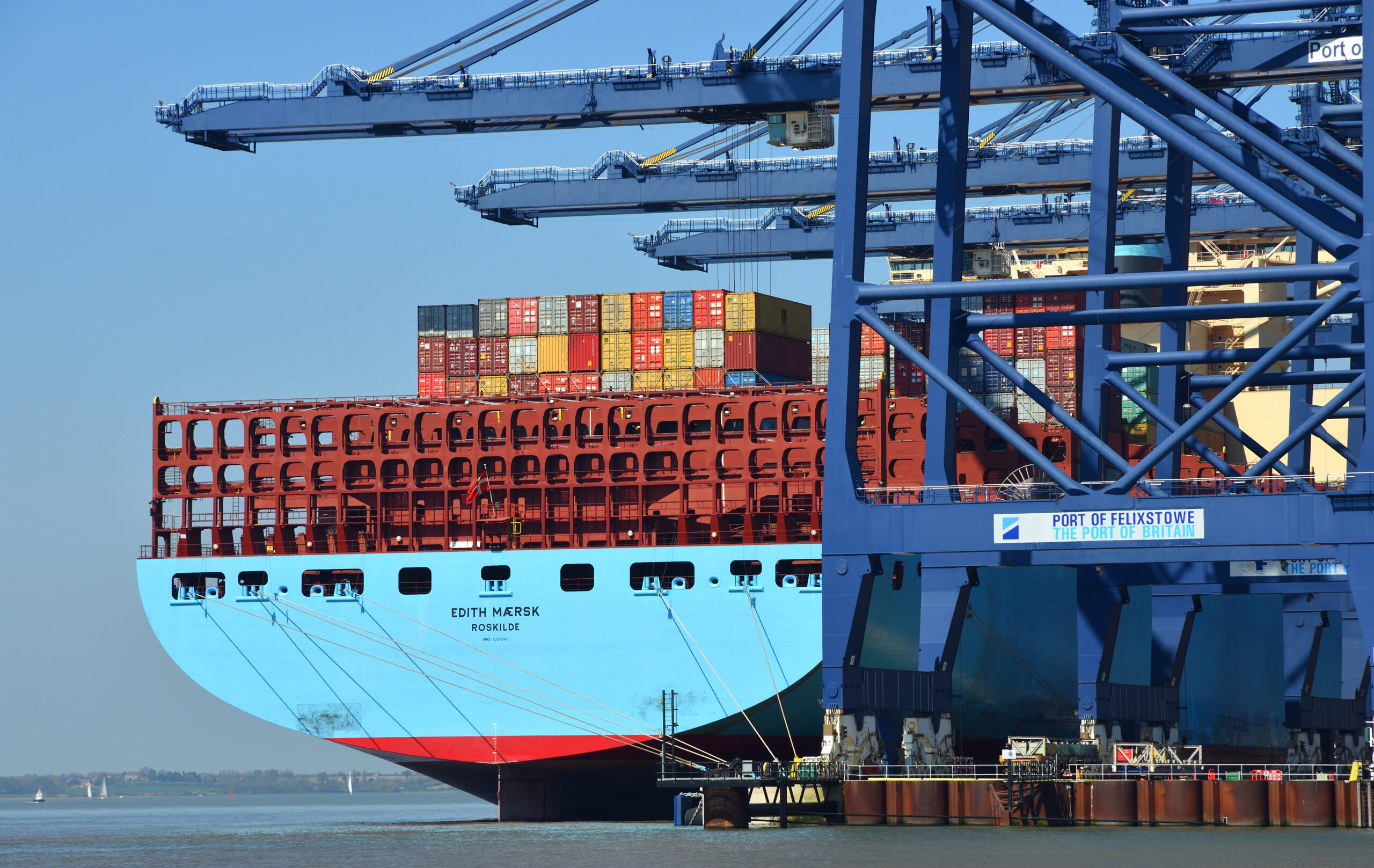Italian energy company Eni has entered exclusive negotiations with Global Infrastructure Partners (GIP), an infrastructure investor owned by BlackRock, to divest a 49.99% stake in its carbon capture, utilisation, and storage (CCUS) business. Subject to confirmatory due diligence and final documentation, the transaction would represent a strong signal of capital market confidence in large-scale CCUS projects.
The divestment involves Eni CCUS Holding, a vehicle that consolidates key projects including the UK’s HyNet and Bacton clusters, the L10 site in the Dutch North Sea, and rights to Italy’s Ravenna CCS project. Under the terms of the proposed deal, GIP would not only acquire the stake but also contribute capital toward the further development and scaling of these projects.
Eni said in a company statement: ‘This step represents another example of the development of Eni’s satellite model strategy, aiming at attracting strategically aligned capital from valuable new partners at attractive terms, confirming the value Eni is creating in its new energy transition related businesses and funding their further growth.’
This divestment is consistent with Eni’s broader strategy of structuring its low-carbon business units as independent entities and partially monetising them to attract external capital. As Francesco Gattei, Chief Transition and Financial Officer at Eni recently told Reuters: ‘The satellite model is an approach we have built to have additional funding sources to keep together the need to meet demand for traditional products, while also developing new, greener products.’
The HyNet cluster, located in north-west England, serves as a model for regional decarbonisation through integrated CCS infrastructure. It combines onshore carbon capture with offshore geological sequestration in depleted reservoirs in Liverpool Bay. Engineering, procurement, and construction (EPC) contracts have already been awarded to Italian contractors Saipem and Rosetti Marino.
Equally significant is the Bacton Thames Net Zero initiative, which aims to store up to 10 million tonnes of CO2 annually in the Hewett gas field off the east coast of England. This project enhances the UK’s North Sea storage capabilities and directly supports the maritime logistics chain by facilitating the transport and injection of CO2 by sea.
In the Netherlands, the L10 project enhances cross-border CCUS synergies, contributing to a regional network effect. The Ravenna CCS facility, while not yet operational under Eni CCUS Holding, is strategically positioned to become Italy’s foundational CCS project, bolstering Southern Europe’s contribution to the EU’s 2030 target of 50 million tonnes per annum of CO2 injection capacity.
The Eni-GIP transaction exemplifies how carbon management infrastructure is shifting from policy ambition to an investable asset class that is anchored by regulatory certainty and scalable project pipelines. For maritime stakeholders, particularly those exploring carbon transport and storage solutions, this deal underscores the strategic value of early engagement with CCUS infrastructure networks.



